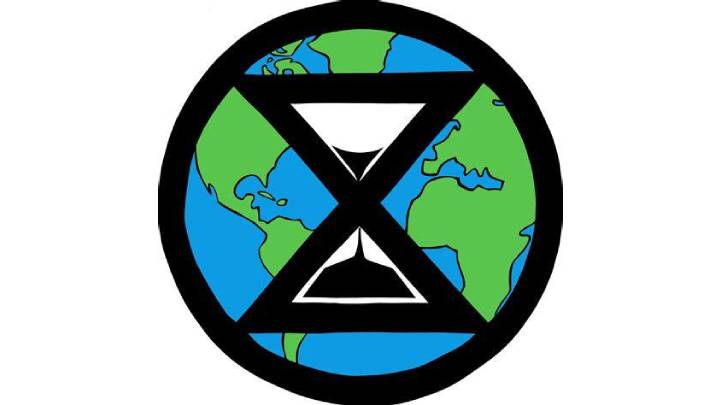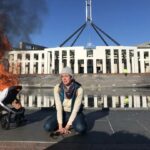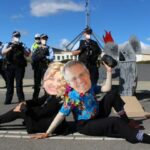With the Climate Duty of Care Overturned, Extinction Rebellion Calls for People to Act
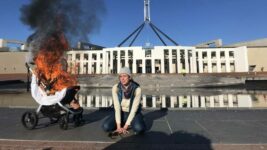
A May 2021 Federal Court ruling known as the Sharma decision, led Justice Mordecai Bromberg to officially declare last July that the federal environment minister has a duty of care to the wellbeing of Australian children when deciding on whether to greenlight fossil fuel projects.
The outcome was based on the evidence provided by renowned Earth Science Professor Will Steffen, which posits that if temperatures rise above 2°C on pre-industrial levels a “planetary threshold” could be crossed that unlocks “a continuing rapid pathway toward much hotter conditions”.
The duty of care finding was heralded by climate advocates the world over. The impact it was set to have on future investment decisions in heavy greenhouse gas emitting projects was to be significant.
Indeed, this was a court ruling within a country now commonly understood to be the greatest climate criminal on Earth.
Yet, on 15 March, that hope was dashed, as the full bench of the Federal Court upheld an appeal to reverse the Sharma decision brought by current environment minister Sussan Ley.
Many considered Ley’s decision to appeal against the save kids and planet ruling an obscenity in itself.
And overturning the duty of care has put a further crack in the once widely held belief that despite successive governments being averse to climate action, the judiciary was sympathetic to the cause, and this all leads back Extinction Rebellion’s assertion that it’s down to the people to force change.
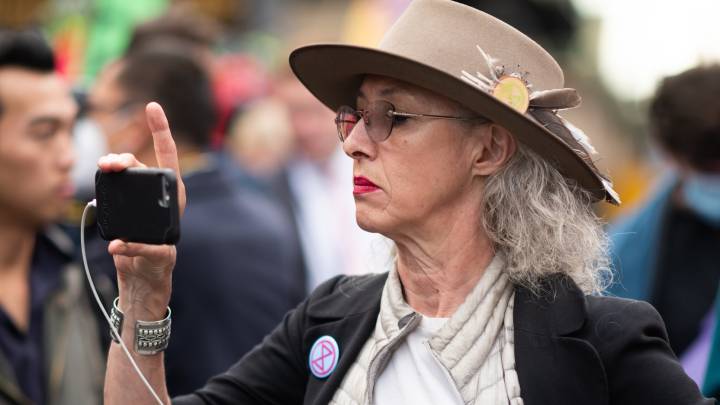
The judiciary won’t save the planet
“This is yet another lost opportunity to get some real climate action with the urgency we need,” lamented XR Australia spokesperson Miriam Robinson. “There have been numerous international cases brought, with mixed success along similar lines, but none have yet been successful.”
“In the US some children took a similar case to court, saying that the government was putting their future at risk by failing to act,” she continued. “But it was tossed out on similar grounds to this one, that the courts could not overrule the government’s ability to set policy – the separation of powers.”
The Sharma case was brought by then 17-year-old Melbourne school student Anjali Sharma and seven other students, aided by Sister Brigid Arthur. And the successful outcome had bearing upon powers within the Environment Protection and Biodiversity Conservation (EPBC) Act 1999 (Cth).
According to Robinson, where legal action has proven fruitful in the past is in challenging corporations on specific cases. But this is a costly and time-consuming way to curb human action that compounds the crisis at a time when the prevalence of extreme weather events is escalating.
“If the government would do its job, honour the social contract and act in the best interests of citizens, we would not have to keep doing this,” the Extinction Rebellion organiser told Sydney Criminal Lawyers. “But, as we know, the government does not act in our best interests.”
“Sadly, we cannot rely on the courts to fix this.”
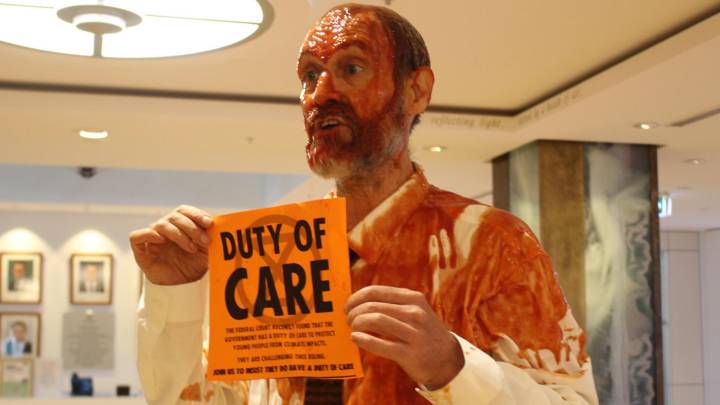
Old protections shield action
The full bench of the Federal Court unanimously agreed to revoke the duty of care declaration. Chief Justice James Allsop explained that the idea that “human safety was an implied mandatory statutory consideration” when deciding on fossil fuel projects cannot be derived from the EPBC Act.
The justice presented three points in summary, which involve government decisions being beyond the realm of “judicial determination”, the duty being inconsistent with the EPBC Act, and further, the inability of the minister to foresee future impacts made the duty of care inappropriate.
“Anyone who follows this knows, the EPBC Act is hopelessly out of date and does not even mention climate change. There have been many calls to have it updated,” Robinson made clear. “This has been stubbornly resisted by government.”
So, the main piece of federal legislation providing environmental protections was drafted long before the onslaught of the climate crisis had begun, and despite our nation having experienced multiple recent climate disasters, these laws are now being used to shield government.
“The Federal Court was fully in agreement that the climate emergency is real and poses a threat to all of us. They said they understand the science,” Robinson underscored. “But the way the system works, they decided in effect that their hands were tied.”
System change, not climate change
XR had been conducting multiple high stakes nonviolent direct actions since Ley announced she’d be challenging the judicial decision specifically designed to ensure the health of Australian children right now, as well as having implications for future generations.
Established in October 2018, Extinction Rebellion has been calling on governments to acknowledge the emergency, act upon it, and further, set up councils comprised of citizens charged with steering government decisions on how to move forward on the crisis.
XR stresses governments can’t be trusted to act of their own accord. Robinson pointed to both sides of the Australian government being captured by corporations at every step of the lawmaking process.
So, change can’t be expected if the major parties continue to act in this business-as-usual manner.
“They are captured by fossil fuel interests,” the climate advocate continued. “So, there are deeper questions that need to be asked about how we can change our electoral system to eliminate fossil fuel interests from the democratic process.”
On the precipice of change
The claim that the federal government is under state capture is evidenced by the fact that UN secretary general António Guterres this week specifically mentioned Australia as a key nation that’s holding out on taking climate action.
PM Scott Morrison has been leading the call to climate inaction over his time in office, which has also been marked by multiple climate-driven extreme weather events of a kind never seen before.
First, there was the extended drought, followed by the mega fires, and then the recent floods.
But there’s hope mounting within the general populace that the pending election holds potential for change, as commentators are predicting a minority Labor government, with the balance of power in the hands of a climate-concerned crossbench of Greens and progressive independents.
Robinson sees the coming vote as “absolutely pivotal”. She further explained that even though XR is “beyond politics”, she asserts that the general populace should get out there, get engaged and put in a vote for the non-major candidates that are prioritising climate.
“We also need to start pressuring all the candidates now to make them aware that climate is the only issue that really matters to most people until they are sick of hearing it,” the XR Australia spokesperson added.
“It’s up to people what they want to do, but they really need to do it this year,” Robinson said in conclusion. “We can’t keep going on like this and expect everything to be alright.”
